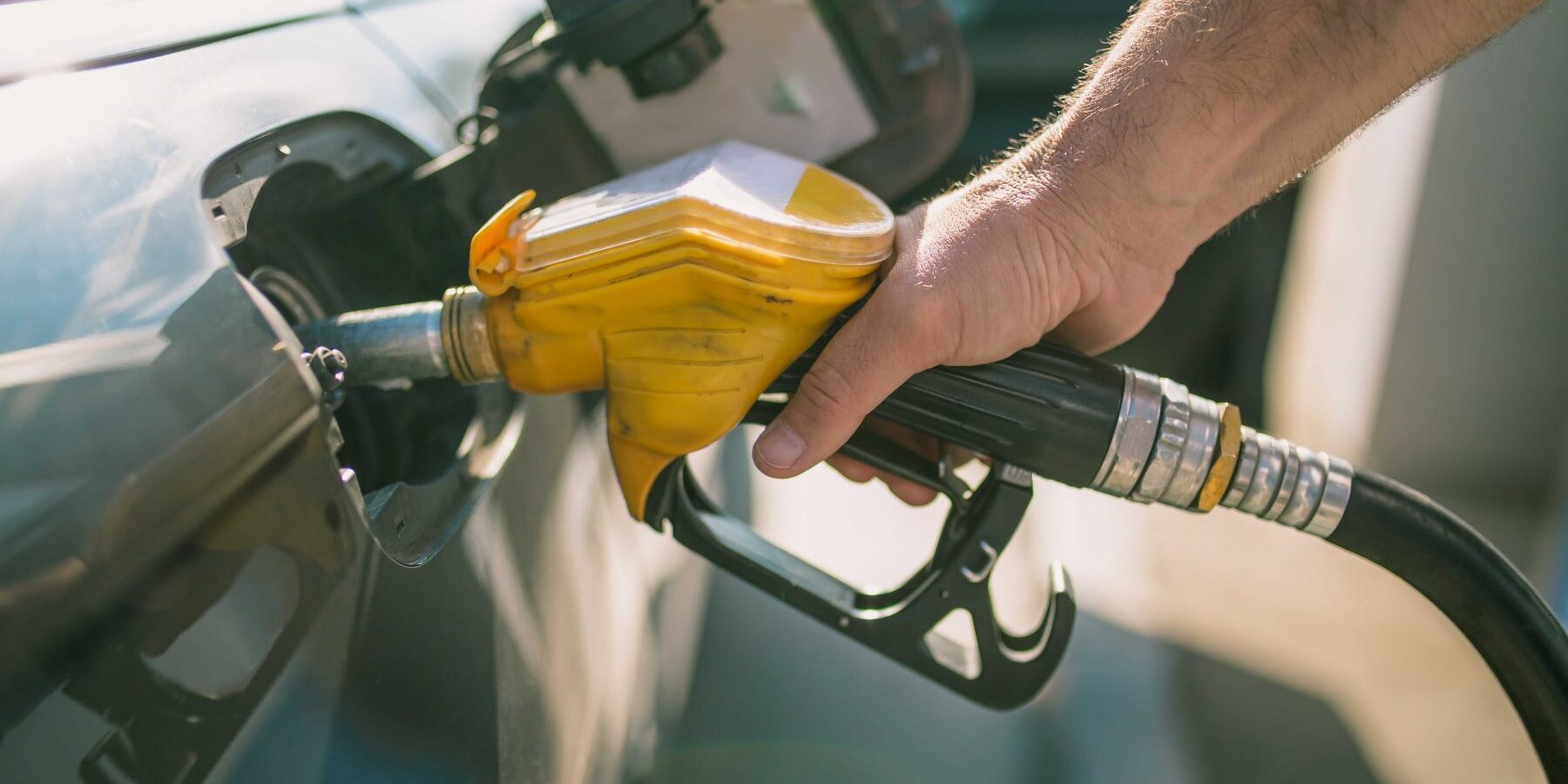It’s a common question that often fuels a heated debate: Should you shell out for Shell or plump for the cheapest prices at the pumps?
Some motorists believe that branded petrol and diesel such as Shell, Esso and BP are a higher quality than what’s available at supermarkets such as Morrisons, Tesco or Asda.
The argument is, if you buy cheap, it can affect the performance of your car and even damage the engine.
So, should you go the extra mile and pay more or is all petrol and diesel basically the same? Clock up on a few fascinating fuel facts to help make an informed decision.
FUEL FACT: All fuels sold in the UK conform to the relevant British standards. This means they should all work in roughly the same way and you can mix them freely in your car’s fuel tank without causing any problems.
FUEL FACT: The standard petrol and diesel that’s sold on garage forecourts is a mixture of two things – base fuel and an additive package.
FUEL FACT: The base fuel is the same for all companies. In fact, it usually comes from the same tanks at the local fuel refinery or distribution centre. What varies is the additives package that goes into the fuel.
FUEL FACT: The additive packages are regarded as ‘secret recipes’ of extra ingredients that help keep your engine clean and improve lubrication.
FUEL FACT: Each fuel company has its own additives packages, and these are different. So, it is possible for some drivers to feel that their car responds better to one fuel manufacturer over another.
FUEL FACT: Plenty of stories do the rounds about the inferiority of supermarket fuels but supermarket fuel tankers are often seen filling up from the same tanks as branded fuel lorries. So, the chances are the fuel is the same, but the additive packages are different.
FUEL FACT: Premium fuels – such as Shell V-Power Nitro+ and BP Ultimate -are not the same as regular petrol or diesel, although you can still mix them freely with standard fuels. These are known as ‘super-unleaded’ and cost more per litre as they’re regarded as more sophisticated.
FUEL FACT: Petrol that is labelled as ‘premium unleaded’ on forecourt pumps – such as Shell Fuelsave – is actually standard petrol. When it comes to fuel, ‘super’ is better than ‘premium’.
FUEL FACT: Octane (petrol) and cetane (diesel) ratings describe the way a fuel burns inside an engine. Roughly speaking, a higher rating means a fuel will burn more efficiently and effectively. This may improve performance and economy slightly, although not all drivers will see a noticeable difference.
So, we’ve reached a pit-stop without there being any clear winners. It’s really all down to personal preference at the pumps and how you feel your car best performs.
If you have any financial concerns, our Debt Solutions page can offer guidance on managing your finances, including Individual Voluntary Arrangements (IVAs), Debt Relief Orders (DROs) and Debt Management Plans (DMPs). Alternatively, you can get in touch with us today for expert debt advice.

